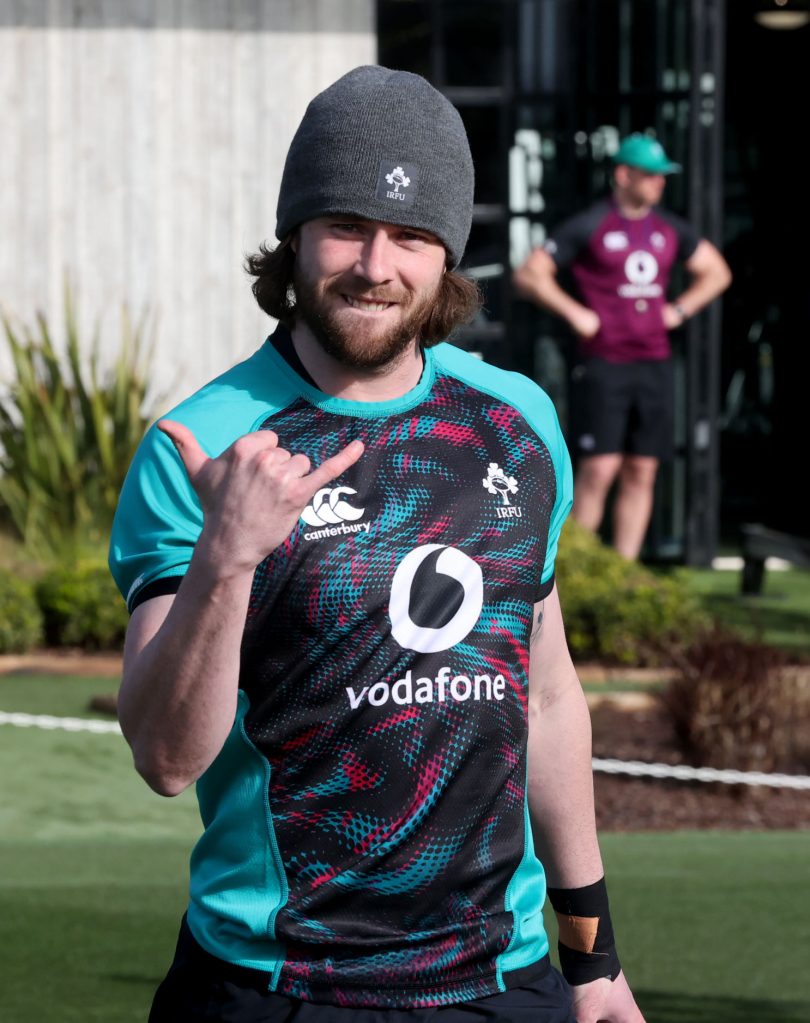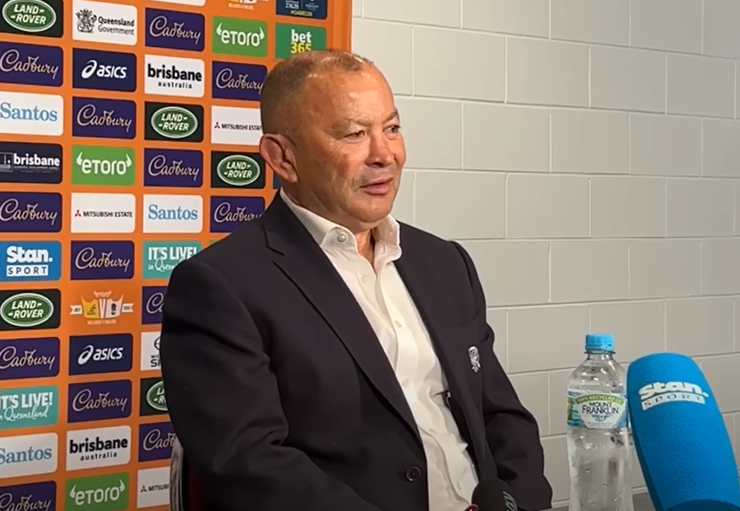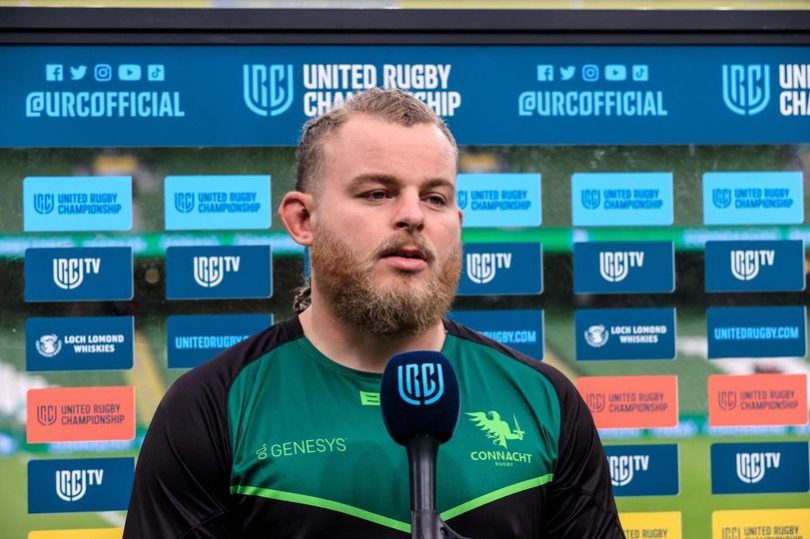
Connacht and Irish international Mack Hansen, who played for Uni Norths Owls, Daramalan, the Gungahlin Eagles and the Brumbies before heading to Ireland. Photo: Connacht Rugby FB.
It’s hard to imagine Australian rugby being at a lower point following the 40-6 loss to Wales in the World Cup pool game in Lyon, France.
The loss was the worst by the Wallabies in World Cup history. It’s the first time the Wallabies failed to make the quarter-finals and the worst loss by a Wallabies team against Wales.
The Wallabies were utterly outplayed. They lacked any semblance of structure, composure and discipline.
Discipline, in particular, cost the side dearly and, in many respects, reflects Australian rugby, where nobody is certain who is leading. Is it the chair of Rugby Australia? Is it the CEO? Is it the coach?
If you’re unsure, you’re not the only one.
And you don’t have to look too long and hard to see that rugby in Australia has fallen a long way.
Last year, under the coaching of Dave Rennie, the Wallabies beat Wales 39-34 after recovering from being down 34-13.
On that day in Cardiff, the Wallabies 23 included the likes of Tom Wright, Lachlan Lonergan, Pete Samu, Cadeyrn Neville, Len Ikitau, Folau Fainga’a, Alan Alaalatoa and Noah Lolesio. All were missing from the World Cup team that played in Lyon.
While on the results from 2022, the Wallabies recorded victories over England, South Africa and Scotland, with narrow losses to the All Blacks, France and Ireland.
The signs were there that all was on track in the lead-up to the World Cup.
But, as we all know, that preparation was thrown out and replaced by the Eddie Jones ‘sugar hit’.

The two-time world champion Wallabies have a 1-7 win-loss record under coach Eddie Jones in 2023. Photo: Screenshot.
To his credit, Jones put rugby back into conversation through Australian media and, for a short time, it was a phenomenon as he traversed the country extolling his vision.
As it turned out, that vision soured as soon as the Wallabies ran onto the field, losing all tests this year in the lead-up to the World Cup.
Australia’s only victory has come against minnows Georgia.
But let’s take a glance further afield at the Rugby World Cup. Canberra-bred player Mack Hansen is starring for the world’s top-ranked team, Ireland. He struggled to get game time at the Brumbies, let alone the Wallabies.
And let’s not forget Ireland’s prop and Canberra’s own, Finlay Bealham. He played valuable minutes in Ireland’s win over South Africa.

Finlay Bealham – another local who’s running on for the Irish. Photo: Connacht Rugby FB.
Meanwhile, Rugby Australia continues to chase rugby league players. Admittedly, some have rugby backgrounds, but Rugby Australia is paying over the odds to get them back.
The vision, or lack thereof, has destabilised the code in Australia, especially among emerging players and the grassroots.
Yet the game at a community level in the Canberra region is strong, without too much assistance from the governing body.
There is also the civil war that has broken out in Australian rugby, with Rugby Australia looking to take control of the Super Rugby teams, which could see the Brumbies relocated.
It prompts the question: Why would you jettison Australia’s most successful Super Rugby franchise?
The worry is Rugby Australia could use the Wallabies’ failure as justification for its argument to centralise the sport and reduce the number of Australian Super Rugby teams.
What Australian rugby needs is stability and leadership, neither of which is in abundance at the moment.
Original Article published by Tim Gavel on Riotact.







